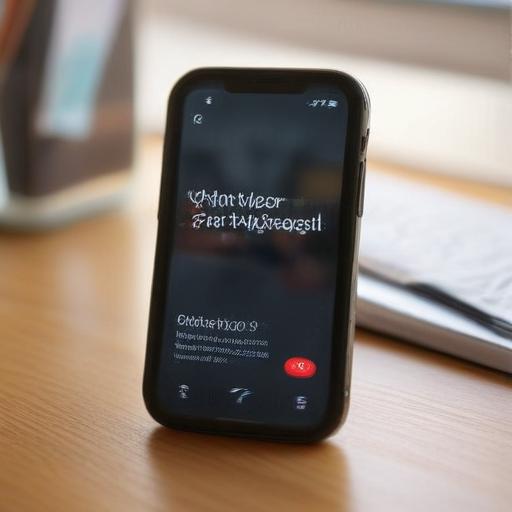Cambridge Dictionary adds new TikTok-era terms, including skibidi, tradwife and delulu, underscoring the growing sway of online culture on everyday language
The Cambridge Dictionary unveiled a fresh batch of entries this year, headlined by terms like skibidi, tradwife and delulu. The editors say these words are here to stay, reflecting how TikTok and broader online culture are reshaping English in real time. Colin McIntosh, the dictionary’s lexical programme manager, notes that internet culture is changing the language and that they only add words they believe will endure.
Skibidi has already become a familiar tool for emphasis or humor among younger speakers. The term gained traction from the viral Skibidi Toilet videos on YouTube, which feature human heads popping out of toilets. Cambridge defines skibidi as a word with multiple possible meanings, ranging from “cool” to “bad,” and can even be used with no real meaning as a joke. The word’s adaptability has drawn mixed reactions from older generations, with some expressing concern over its spread into mainstream use.
The essayistic conversation around skibidi isn’t just about a single catchphrase. Critics have described the broader online mindset it embodies. Lee Escobedo, a US writer and artist, wrote in the Guardian that “skibidi brainrot” captures a generation fluent in irony but starved for meaning, where hyper-chaotic media serves as both entertainment and an ambient worldview for online-raised young men.
Tradwife, a term describing socially conservative influencers who celebrate managing homes and families and promoting that lifestyle on platforms like TikTok, Instagram and YouTube, is another entry that has sparked debate. Cambridge notes that a tradwife is “especially one who posts on social media.” The term has drawn widespread criticism for promoting traditional gender roles in a modern, digital context.
Delulu, short for delusional, is less controversial but still tied to a post-truth world where personal beliefs can feel more important than verifiable reality. Cambridge defines delulu as “believing things that are not real or true, usually because you choose to.” The term is believed to have emerged more than a decade ago as an insult aimed at obsessive K-pop fans who hoped to date their idols. The phenomenon has been amplified by TikTok, with phrases like “delulu is the solulu” and “delulu with no solulu” becoming widely referenced in online discourse. Australia’s prime minister, Anthony Albanese, even used the latter line in Parliament to critique opponents, illustrating how these terms have moved beyond online circles.
A new word that ties into the tech ecosystem is broligarchy, a blend of bro and oligarchy. Cambridge describes it as referring to a small group of powerful, wealthy men in technology who wield influence across platforms where many of these words spread. The dictionary also adds practical, everyday terms such as mouse jiggler—a device or software used to simulate activity at a computer to give the appearance of working—and work spouse, a phrase describing trusted, mutually supportive workplace relationships.
Taken together, the updates illustrate how the TikTok generation is shaping language in real time. Cambridge’s editors aim to document lasting vocabulary shifts rather than fleeting memes, highlighting the increasingly porous boundary between online slang and mainstream usage.
Commentary and context
– The growth of these terms demonstrates how quickly new expressions can cross from niche online communities to broader audiences, a trend dictionaries are increasingly tracking.
– While some terms reflect genuine cultural shifts, others are controversial or joked about, underscoring the complex reception of new language in society.
– For readers and writers, these additions offer fresh ways to describe contemporary experiences, though usage should be clear to avoid alienating readers unfamiliar with the slang.
If you’re looking for quick takeaways for readers: expect more online-origin words to enter mainstream dictionaries in coming years, and be prepared for terms that straddle humor, identity, and digital culture.
Summary
The Cambridge Dictionary’s yearly update captures how online life, especially TikTok, is reshaping everyday speech. With entries like skibidi, tradwife, delulu, broligarchy, mouse jiggler and work spouse, the dictionary signals that today’s digital discourse is becoming a lasting feature of the English language, not a passing trend. A hopeful note is that these terms help describe new social realities and experiences, while also reminding readers to read slang in context and with care.
